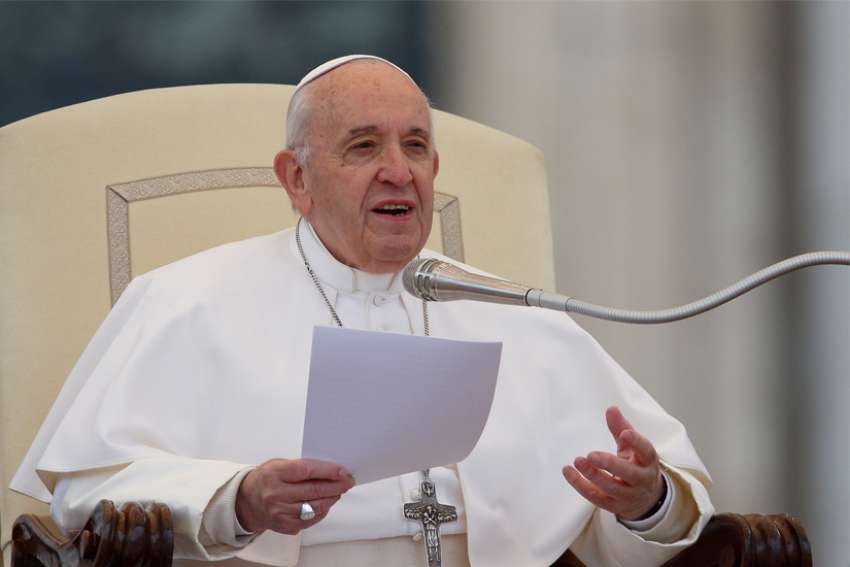Goodness knows, it took long enough, but now that a light has been shone we commend Pope Francis for setting down the law, a new law, on abuse. His apostolic letter — titled “You are the light to the world” — spells out in explicit terms that coverups will be investigated and punished with a zeal equal to the abuse itself. This is now the law for the universal Church.
That is just one provision in a sweeping document that promulgates rigorous directives for reporting abuse and coverups, investigating abusive behaviour, supporting victims and punishing perpetrators. The document is comprehensive and impressive. Belatedly but convincingly it puts into writing the zero-tolerance Church leaders have frequently promised but inconsistently delivered.
The decree establishes standards for transparency and accountability that had been sought for years but consistently stalled by layers of Vatican bureaucracy. Many of the provisions regarding mandatory obligations to report and investigate abuse are already in place in Canadian dioceses. But new even for Canada is a compulsory duty for archbishops to launch investigations of bishops in their ecclesiastical provinces who may be accused of abuse or coverup. And not just open an investigation, but complete it within 90 days.
In other words, an accusation involving a bishop becomes a top priority. In an institution notorious for its snail’s pace, this directive to pretty much drop everything and uncover the truth is impressive. It demonstrates the Pope meant business when he called bishops to Rome last February to deal with clerical sex abuse. From that meeting, he rewrote Church law and issued a decree in just 10 weeks.
For a quarter century, addressing the issue had been left mainly to the Vatican curia and its countless filing cabinets. Then came last summer, when a Pennsylvania grand jury exposed years of widespread sexual abuse by American priests and coverups by bishops at about the time a coverup was revealed involving abuse of minors and seminarians by then Washington Cardinal Theodore McCarrick.
There is no report of Pope Francis throwing up his hands back then and shouting: “Enough!” Who could fault him if he had?
His document, however, has one obvious shortcoming. Although it encourages lay involvement in investigations, it doesn’t require it. That’s unfortunate. Hopefully, bishops will always insist that any probe heavily involve experienced, third-party lay investigators in order to avoid even the whisper of coverup.
Overall, though, these new laws take the Church several strides forward on the long road of rebuilding trust and re-establishing the moral authority so gallingly damaged by decades of shameful action and inaction by priests and bishops.


